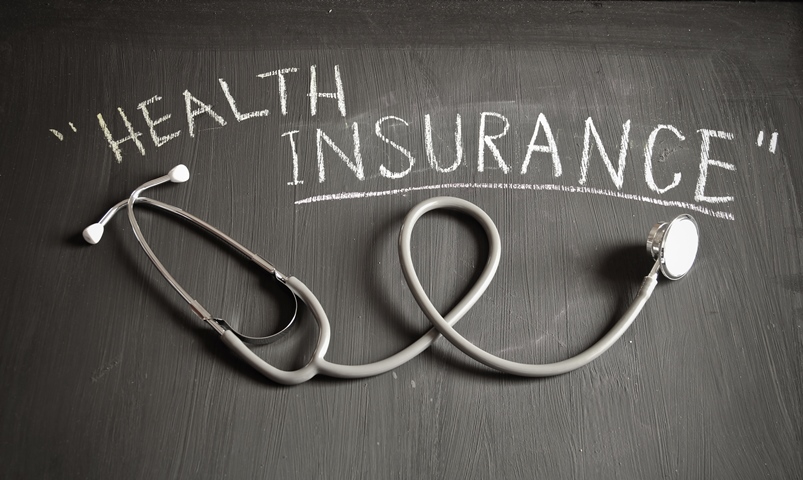People acquire health cover to protect themselves and their families from financial crises during medical emergencies. Availing of this insurance cover ensures they do not have to deplete their savings in case they or their family members contract a severe illness.
If unfortunately, such an illness occurs, one definitely does not want to be disappointed by having his claim rejected. Here are six common reasons why health insurance claims get rejected
- Pre-existing illnesses
Almost every health insurance plans provider excludes pre-existing conditions from the starting date of the policy. There is a minimum waiting period before these conditions are covered under the plan. Different insurers have varying waiting periods, which also change from one disease to another. Moreover, if any condition arises due to earlier complexities like hypertension or obesity, it may be considered as a pre-existing condition by the insurance company, which results in claim rejection. Users are advised to provide honest information about pre-existing conditions at the time of acquiring the policy to avoid rejection at a later date.
- Exclusions in the health plan
Before signing up for the mediclaim policy, reading all the terms and conditions is vital. Understanding the inclusions and more importantly, the exclusions is necessary. The insurers cover certain conditions only after a specified number of years. Furthermore, understanding who are covered under group plans and family floater policies is important. If a person is opting for a critical illness cover, knowing the conditions that are included beforehand is advisable. These policies do not cover any pre-existing diseases and claims are not accepted until the end of a certain period from the start of the policy date. Critical illness insurance also have specific conditions on the minimum period the insured must survive from the diagnosed date to avail of the benefits under the plan.
- Gap in renewal
It is crucial to renew the policy before the expiration date. Most insurers assign a new policy if timely renewal is not done, which means all the terms and conditions (waiting period, pre-existing diseases, etc.) of the first policy are applicable. Individuals may also lose their no-claim bonus if the policy is not renewed on time. Policyholders must remember that any claims made during the gap period are automatically rejected because the insurance company does not offer coverage if timely renewal premiums are not paid.
- Policy details
The terminologies in the policy document may be complicated and many individuals may fail to clearly understand their meanings. It is recommended to clear all the doubts with the agent before completing the purchase. Knowing the sub-limits on room rent and consulting fees, hospitalization norms, and other headings beforehand is very important.
- Incorrect information
Users must fill the application form correctly while applying for the mediclaim. They must provide all relevant details to avoid rejection of their claims. Providing all the information about lifestyle habits, pre-existing conditions, and dangerous hobbies at the time of acquiring the policy reduces the possibility of claim rejections.
- Improper claim form filling
Being careful while filling the claim form is absolutely necessary to prevent rejections. Offering the right information, spelling the names of the patient and doctors accurately, and other details is important while making a claim. In addition, the policyholders must attach relevant documents, such as hospital bills, prescriptions, and diagnostic tests with the claim application form to ensure the entire procedure is completed smoothly.
Dealing with a medical condition is emotionally and physically stressful. In this situation, if a person’s claim for receiving coverage under his health plan is rejected, it could lead to further distress. Moreover, it may result in disastrous outcomes on the financial health of the users. Avoiding some common mistakes reduces the possibility of claim rejection.









